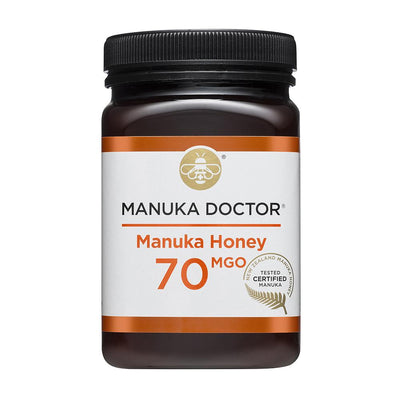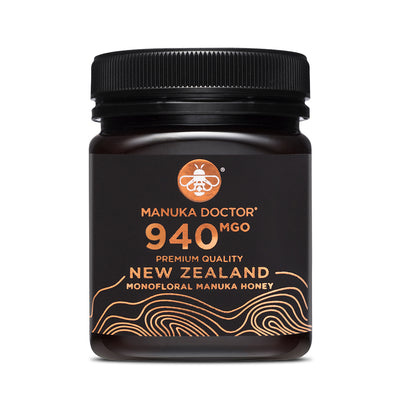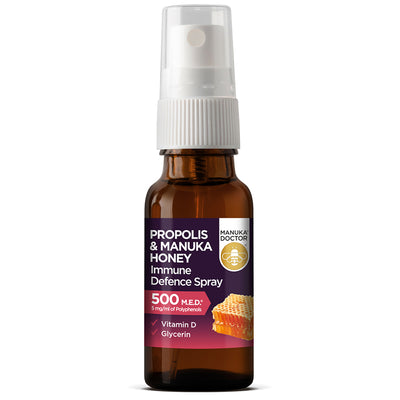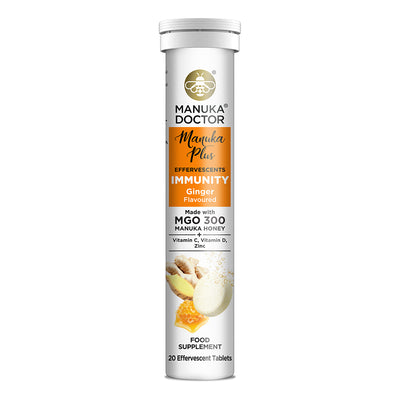- Dr Tessa Lewis, of Nice, said: 'In the committee's view, taking a spoonful of honey or a honey and lemon drink is a good first step a person can take for self-treatment for a cough.
- Nice cited a 2014 study of 568 people which found a 10g spoonful of honey significantly reduced the frequency and severity of coughs within a day.
- Respected health publication The British Medical Journal also backs honey for easing respiratory symptoms this Winter.
PHE & NICE Guidance: honey should be the first line of treatment for coughs
Advice published by NHS watchdog Nice and Public Health England confirms what many of us have known for years – that taking honey and lemon should be the first line of treatment for a cough.
The formal health advice follows experts concern that Doctor’s too often dole out antibiotics for coughs and colds.
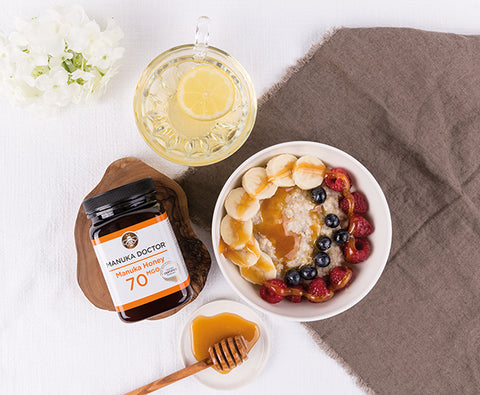
Under the regulations people suffering from a cough are told to drink honey and lemon rather than take antibiotics in the battle against superbugs.
The guidelines, which are aimed at both GPs and patients, came into effect in 2018 and have remained formal health advice ever since, concluding that antibiotics make little difference to cough symptoms.
Dr Tessa Lewis, of Nice, said:
"In the committee's view, taking a spoonful of honey or a honey and lemon drink is a good first step a person can take for self-treatment for a cough. Honey is a natural remedy which has been tried and tested for generations. Some people really believe in its benefits. We believe it is one treatment option which could be used by people in the first instance to reduce cough. A trial suggests honey can reduce the severity and frequency of cough after a day but doesn't have a significant effect on sleep quality for parents and children."
As part of the guidelines, Nice cited a 2014 study of 568 people which found a 10g spoonful of honey significantly reduced the frequency and severity of coughs within a day.
And it is advice that Dr Hilary Jones, Television GP and Health Professional for more than 20 years also supports. Hilary is a big fan of Manuka honey, and we are proud to have been working with him as an expert for several years.
Talking to us about the research into honey, Hilary commented:
"The advice from Public Health England is to try honey for a cough before visiting your GP. I recommend Manuka honey to all my patients this Winter, but if you are going to buy, be sure to choose a brand that has been independently tested for strength and purity, like Manuka Doctor."
Honey eases respiratory symptoms
Respected health publication The British Medical Journal also backs honey for easing respiratory symptoms this Winter.
In a review of the available evidence published in the journal BMJ Evidence Based Medicine, researchers said:
"Honey is readily available, has virtually no side effects, and Doctors can recommend it as a suitable alternative to antibiotics which are often prescribed for respiratory types of infection, even though they aren’t suitable."
Upper respiratory tract infections affect the nose, throat, voice box and the large air passages (bronchi) that lead from the windpipe to the lungs. Symptoms include sore throat, blocked nose, cough, and congestion.
Honey has long been used as a home remedy to treat coughs and colds, reports the BMJ. Stating there’s evidence for its use in children, but the evidence for its effectiveness for a range of upper respiratory tract symptoms in adults hasn’t been systematically reviewed.
To plug this knowledge gap, the BMJ researchers trawled research databases for relevant studies comparing honey and preparations that included it as an ingredient with usual care: mostly antihistamines, expectorants, cough suppressants, and painkillers.
They found 14 suitable clinical trials, involving 1761 participants of varying ages. Pooled data analysis of these studies showed that honey was more effective than usual care for improving symptoms, especially the frequency and severity of coughing.
Two of the studies showed that symptoms lasted 1-2 days fewer among those treated with honey.
They conclude that "honey might provide an alternative when doctors want to prescribe something to safely treat upper respiratory tract symptoms".
Not all honey is created equal.
This report states that honey is a complex and diverse substance, so some types of honey may be more effective in treating coughs and colds that others.
What makes Manuka honey from New Zealand different to other honey, is its unique anti-microbial properties that other types of honey do not display.
The naturally occurring compound that gives Manuka these properties is called Methylglyoxal, or MGO for short.
The strength of Manuka honey is often measured in MGO level. The higher the number the more milligrams of MGO is contained in the pot of honey.


